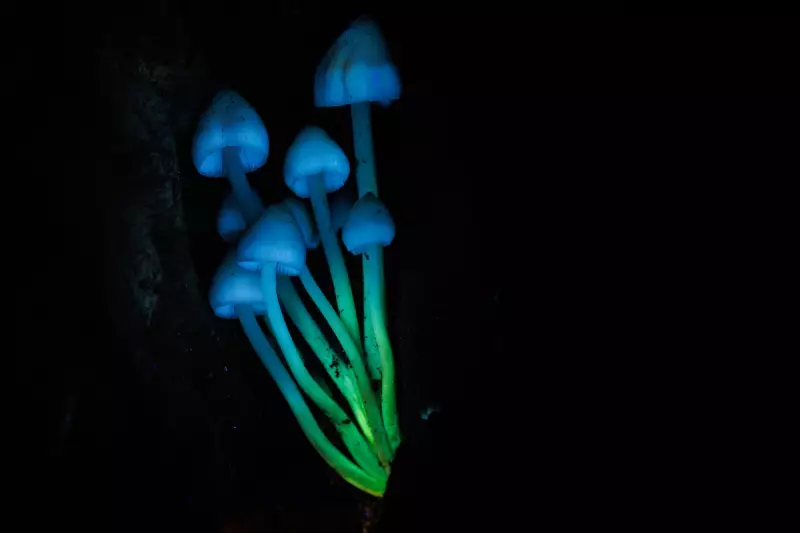
In a revelation that sounds more like science fiction than reality, Japanese scientists have confirmed that human beings literally glow in the dark. This extraordinary discovery reveals that our bodies emit visible light throughout the day, with the glow changing in intensity according to our internal biological clocks.
The Science Behind Our Natural Glow
Researchers at the Tohoku Institute of Technology made this remarkable finding using incredibly sensitive cameras capable of detecting single photons. While previous studies had suggested humans might emit tiny amounts of light, this research provides the first visual evidence of our natural bioluminescence.
The study, published in PLoS ONE, involved monitoring five healthy male volunteers over several days. Participants were placed in light-sealed rooms for measurements taken every three hours from 10am to 10pm.
When Do We Glow Brightest?
The research uncovered fascinating patterns in our light emission:
- Our glow is brightest in the late afternoon, around 4pm
- Light emission is lowest in the morning hours
- The face shows particularly strong light emission
- The glow is approximately 1,000 times weaker than what human eyes can detect
Connecting Light to Life's Rhythms
Lead researcher Hitoshi Okamura from Kyoto University suggests this discovery provides a new window into understanding our body's internal processes. "We suspect this light is linked to our metabolic rate," he explained. "The fluctuations throughout the day appear to follow our circadian rhythms."
The findings build upon earlier work by German researchers who first detected human bioluminescence in 2009, but this new study provides much more detailed information about how the glow changes throughout the day.
Medical Implications and Future Research
Scientists believe this discovery could have significant medical applications:
- Health Monitoring: Changes in light emission patterns could indicate health issues
- Metabolic Research: The glow may provide insights into metabolic disorders
- Sleep Studies: Could help understand circadian rhythm disruptions
- Aging Research: May reveal how our biological processes change with age
While the research is still in its early stages, it opens up exciting possibilities for non-invasive health monitoring and deeper understanding of human biology.
The team plans to expand their research to include more participants and explore how factors like age, health conditions, and lifestyle affect our natural glow. As one researcher noted, "We're literally seeing the light of life in a whole new way."





